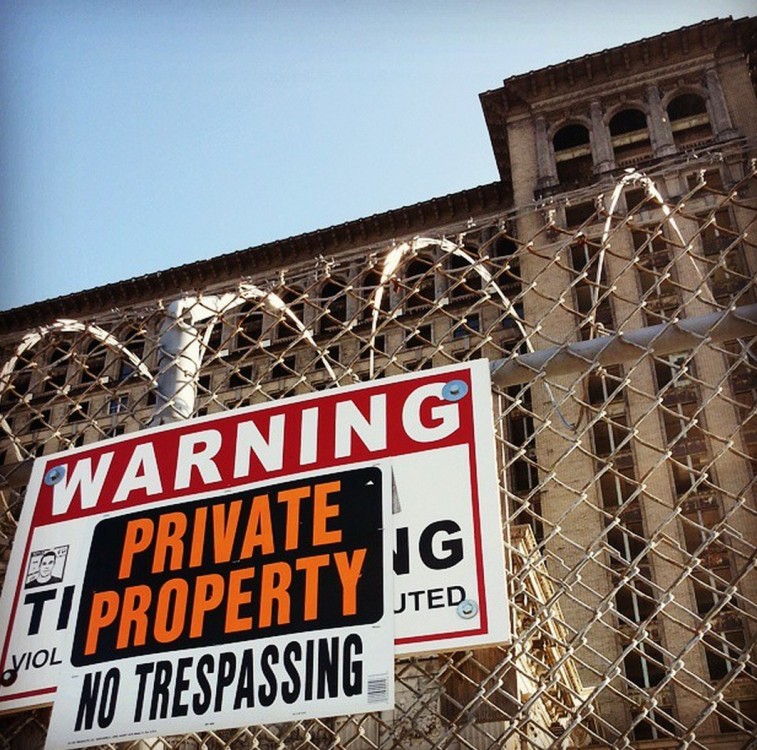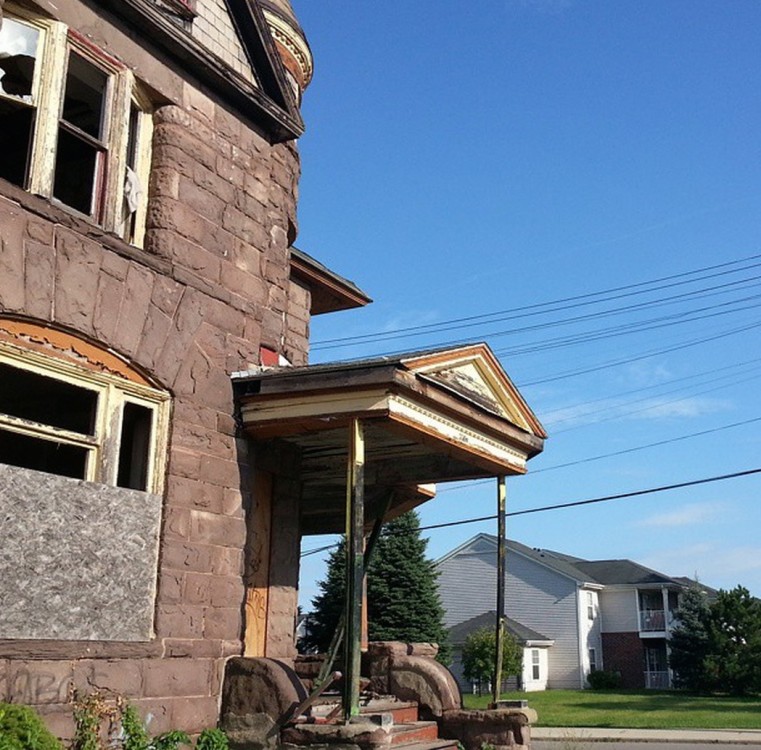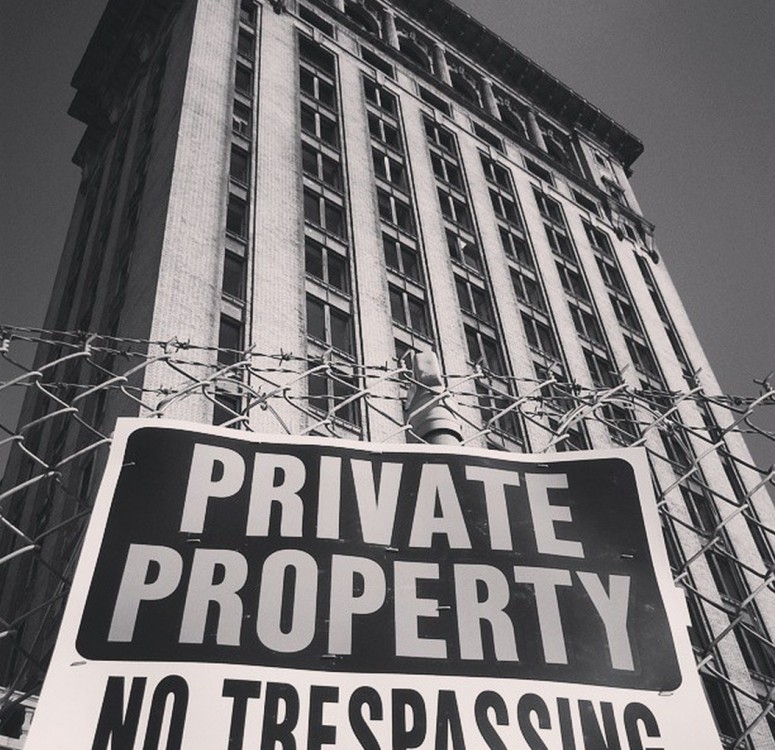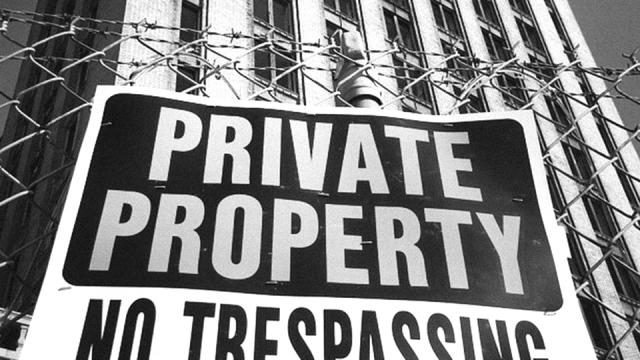
Detroit’s bankruptcy hearings officially resumed on September 2, and creditors are making their arguments for why the destitute city should give up its last remaining public wealth to bankers and private-sector profiteers. The establishment media would have you believe that Detroit’s financial crisis is a result of “running out of other people’s money.” But if you want to truly understand the story of Detroit’s rise and fall, the book “Getting Ghost” by University of Michigan adjunct professor Luke Bergmann is a must-read.
The author follows two teenage boys, Dude Freeman and Rodney Phelps, around Detroit’s underground drug-dealing economy, and expertly shows how the people of Detroit have had their cultural and financial power systematically pillaged over the last five decades. In Bergmann’s book, Freeman and Phelps are symbols not of an allegedly drug-addicted violent underclass, but of a city whose people have been left to fend for themselves by a profoundly predatory capitalism.
In the book’s introduction, Bergmann refers to Detroit as a “shareholder city”: comparing the way private corporations work to provide dividends to shareholders at the expense of workers, to the way Detroit works to provide tax incentives and handouts to large corporations at the expense of the residents. All the diversity was taken out of Detroit’s economy for the benefit of the auto industry. One stark example is the bulldozing of the largely black-owned Hastings Street business district and black-owned businesses on the West side of Detroit for the Ford and Lodge freeways.
As globalization took hold, the auto industry uprooted to make even bigger profits overseas, leaving behind an entire city that had been forced through decades to become solely dependent on car production for its way of life. Wall Street offered Detroit’s beleaguered government – now deprived of its once-strong tax base – financing for public infrastructure through risky bonds. But when Wall Street gambled big on made-up financial instruments and lost even bigger, they came to Detroit to extract their pound of flesh.
Detroit's bankruptcy in a nutshell is this: Wall Street financiers created the Detroit crisis, and now they plan to profit off their own mistakes. If the strategy sounds kind of familiar, that's because it is.
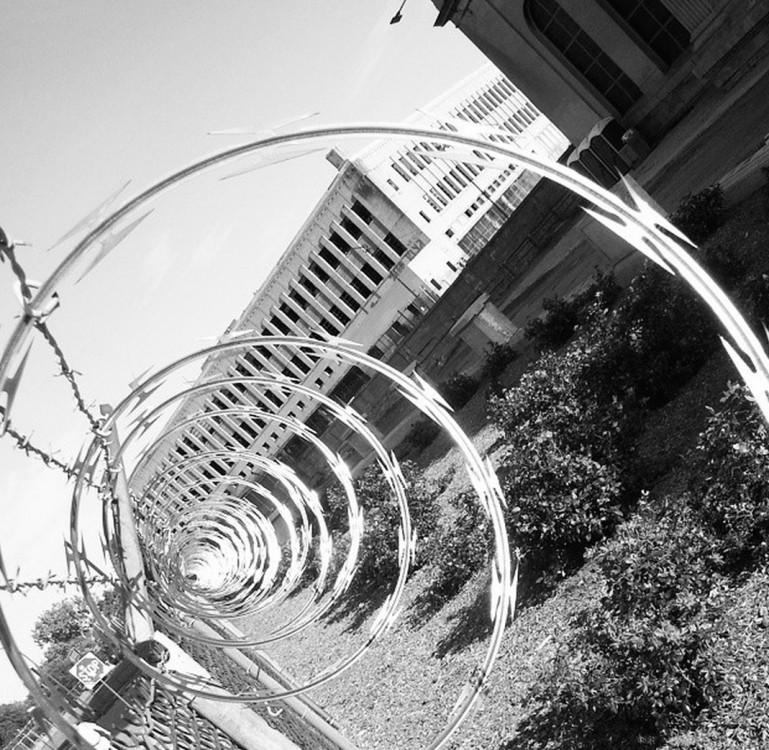
Wall Street Wants Private Ownership of Public Wealth
As Detroit’s bankruptcy hearing continues, Syncora Holdings – which insured over $400 million in bonds of Detroit’s $12 billion in unsecured debt, amid the city's $18 billion in total long-term debt – has been pressuring city officials for a bailout as a result of its failed gambling. Syncora wants the city to hand over additional public infrastructure like the tunnel from Detroit to Windsor, Ontario; the Detroit Municipal Airport on the city’s East side; and priceless pieces of cultural history at the Detroit Institute of Arts (DIA). After being pressured for an exact number by bankruptcy judge Steven Rhodes, Syncora asserted it wants 75 cents on the dollar of Detroit’s debt.
Emergency Manager Kevyn Orr, who has sole legal authority over Detroit’s elected government in all financial decisions due to Gov. Rick Snyder’s emergency manager law, has crafted a restructuring plan called the “Grand Bargain” to preserve the DIA and soften the blow on retirees’ pensions. The deal includes a refinancing of $5.2 billion in debt for the Detroit Water and Sewage System (DWSD), where $2 billion of that debt would be subject to full payment in order to lower the interest rate for the remaining $3.2 billion.
Critics of the deal allege the refinancing plan very closely resembles the $1.5 billion “Certificates of Participation” loan of 2005-06, which Detroit defaulted on after the Wall Street crash of 2008. This means if the $2 billion in water debt isn’t immediately collected and given to creditors on Wall Street, the city will shut off water for even more of its downtrodden residents.
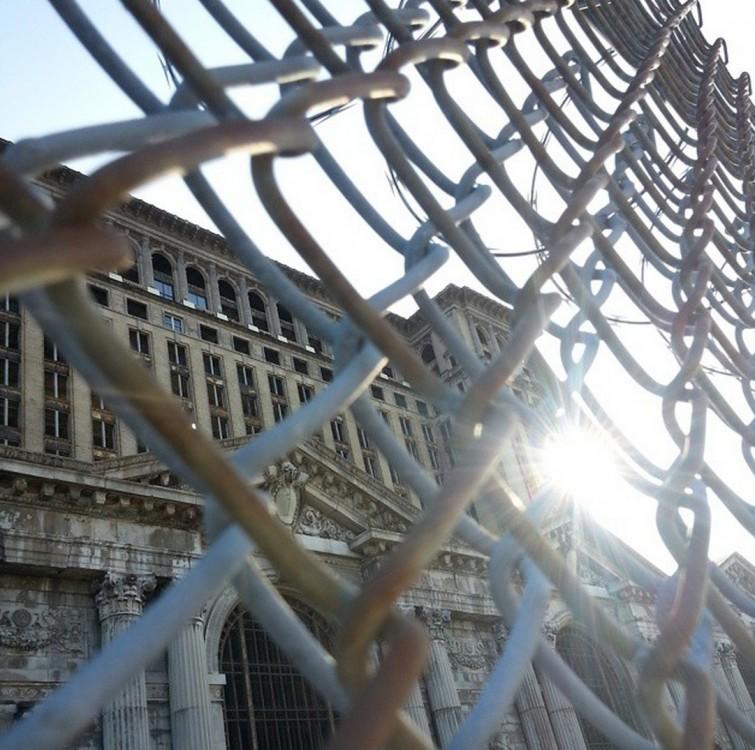
Internationally Condemned Water Shutoffs Continue
The DWSD resumed its controversial water shutoffs program in late August after initially backing down from the shutoffs in the wake of public outrage. Judge Rhodes endorsed the temporary halt to water shutoffs, saying they unnecessarily blemished Detroit’s reputation after they attracted international condemnation. Already, 17,000 residents have had their water turned off despite the U.N. reenforcing its position that water and sanitation are basic human rights that can’t be denied due to lack of payment. Residents are calling for a moratorium to the shutoffs and reinstatement of a payment plan that never makes ratepayers give up more than 2 percent of their monthly income in water bills.
The DWSD is even shutting off water for ratepayers who have never missed a payment. One such payer is Antonio Wymes, owner of Brooks Barbershop on 19504 West 7 Mile Rd. Wymes made every water payment on time during the two years he’s owned the establishment. Yet the DWSD cut off Wymes’s water for an entire Friday during the busy back-to-school season because the neighbor with whom he shared his water line owed back payments.
“You especially shouldn’t cut somebody off if they don’t owe you. I don’t think they should cut anybody off,” Wymes said.
Wymes is demanding the DWSD halt the water shutoffs and compensate his business for the day of lost revenue. To raise awareness about the injustices of the water shutoffs, Wymes is teaming up with the Detroit Water Brigade to provide 50 free back-to-school haircuts to neighborhood kids. Those interested in donating to the effort can click here.
“It’s a human right for a person to have water,” Wymes told the Detroit Water Brigade. “People have to have water. If you don’t have water, you’re going to die.”
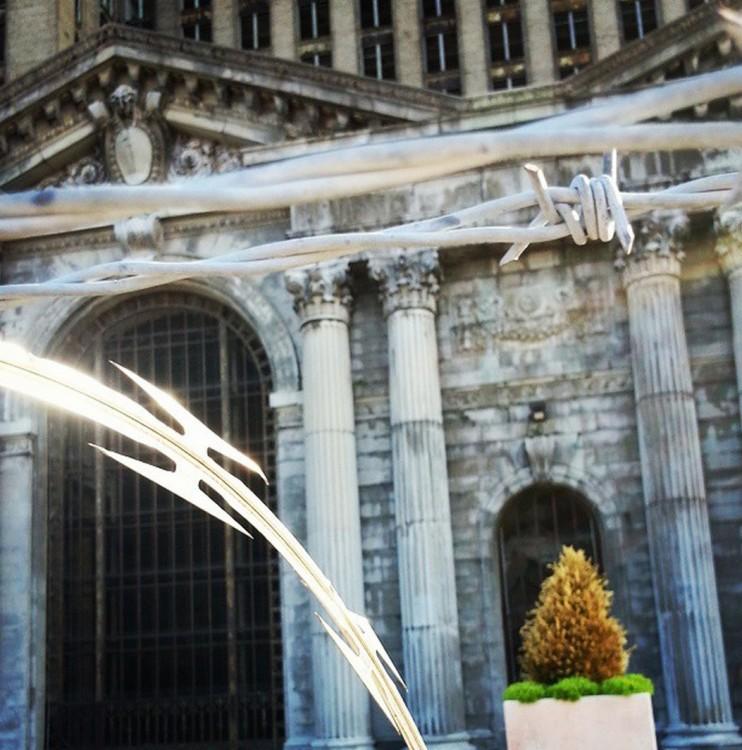
Flooding Renews Talks of Water System Privatization
The $3.2 billion in remaining water debt may be given to the banks by privatizing Detroit’s “blue infrastructure,” like the sewage, storm water, drainage and municipal water systems. As I reported previously for Occupy.com, United Water, a subsidiary of France-based Suez, is eying a buyout of Detroit’s water infrastructure. Were the deal approved, the city of Detroit would become a customer of United Water, which would pay the city $47 million a year for 40 years. But flooding in mid-August is now bringing the privatization talks back to the forefront.
On August 11 and 12, historic floods submerged major Detroit highways, destroyed homes, killed three people and almost completely shut down movement across the city. Retired workers from Detroit’s Wastewater Treatment Plant (WWTP) allege the flooding may have been contained were it not for the city’s mass layoffs of sewer maintenance workers.
“Monies that should have been allocated to improvements in our infrastructure and helped employ people went to the banks in illegal deals instead,” retired WWTP shift supervisor Bill Davis told Voice of Detroit. “That $5 billion going to the banks under the bankruptcy plan should instead be going to the people, to rebuild our system.”

The Failures of Privatization
Privatizing ownership of public infrastructure that residents depend upon has already proven to be a reckless policy. In 1979, billionaire Manuel “Matty” Moroun bought the Ambassador Bridge for $30 million from a New York-based financier, making it the only privately-owned international border crossing in the United States. The bridge, built in 1929, was never meant to take on 21st-century freight loads, and more than $120 billion in goods are trucked between the borders each year.
Moroun, who is in his eighties, has spent over $1 million fighting the governments of both Michigan and Ontario in court, attempting to stop the construction of a new jointly-financed, publicly-owned bridge. The Detroit River International Crossing (DRIC) would be a six-lane bridge that costs $4 billion to build over a five-year period. The U.S. State Department approved the new bridge in the spring of 2013, and Canada has even offered to pay up to $550 million of the U.S.’s share of construction costs, to be recouped with tolls.
The DRIC would directly create 12,000 new jobs and is expected to create an additional 30,000 new jobs through increased economic activity. Moroun’s opposition is openly greed-based; for years he acknowledged that his Ambassador Bridge was sufficient, then later said he would build a new bridge adjacent to it so he could still profit from his duty-free gas station on the other side of the border. Moroun wants to drive traffic to the duty-free station, where he would recoup 60 cents on the gallon in tax – even though customers would pay roughly the same price at the pump at other gas stations.
Detroiters who pay taxes and expect those dollars to go toward public services are instead seeing them go toward well-connected private interests. Mike Ilitch, owner of the Detroit Red Wings and the Detroit Tigers, made his fortune with Little Caesar’s pizza chain and is currently worth over $3 billion. But despite his immense wealth, he’s using his connections to divert over $280 million in tax-increment financing (TIF) meant for Detroit public schools and redirect it toward the new Red Wings stadium.
Ilitch used a similar scheme to secure $115 million of Detroit's public money toward the building of Comerica Park, where the Tigers play. This same scheme recurred last year in Chicago when Mayor Rahm Emanuel cut over $300 million from city pensions to supplement an $800 million corporate subsidy slush fund that he uses primarily to benefit his campaign donors. Emanuel has allocated hundreds of millions in TIF money to bankroll a new football stadium for privately-owned Depaul University and a new Marriott hotel in Chicago's South Loop.
Cities on the cusp of Detroit proper are also battling to hold on to their public assets. In Highland Park, a once-proud city that laid claim to the production of Ford’s Model T, blocks of streets, parks and homes today lie vacant and in severe disrepair. Highland Park High School, which was closed in 2012, is now an empty shell operated by the Leona Group, a private charter school company. In a sad and ironic twist, the privately-owned youth rehabilitation organization Wolverine Human Services – which some Highland Parkers liken to little more than a privately-owned juvenile detention company – reportedly bid on the property to turn it into an institution that would house 1,500 youths. According to private security guards who greeted me at the door, Wolverine took a tour of the building, had investors lined up, but decided not to purchase the property at the last moment.
If Detroit’s bankruptcy results in more privatizing of public assets, similar patterns of greed, cronyism, decline and dysfunction will naturally follow. Detroit’s citizens will no longer own any public goods, but will become like serfs, subservient to a class of unaccountable corporate lords and the cronies in government who are sponsored by their campaign donations.
Stay tuned next week for Part II of this series, which puts the Detroit crisis in context with the legacy of bankruptcy, austerity and privatizations gripping South American and European countries.
3 WAYS TO SHOW YOUR SUPPORT
- Log in to post comments

